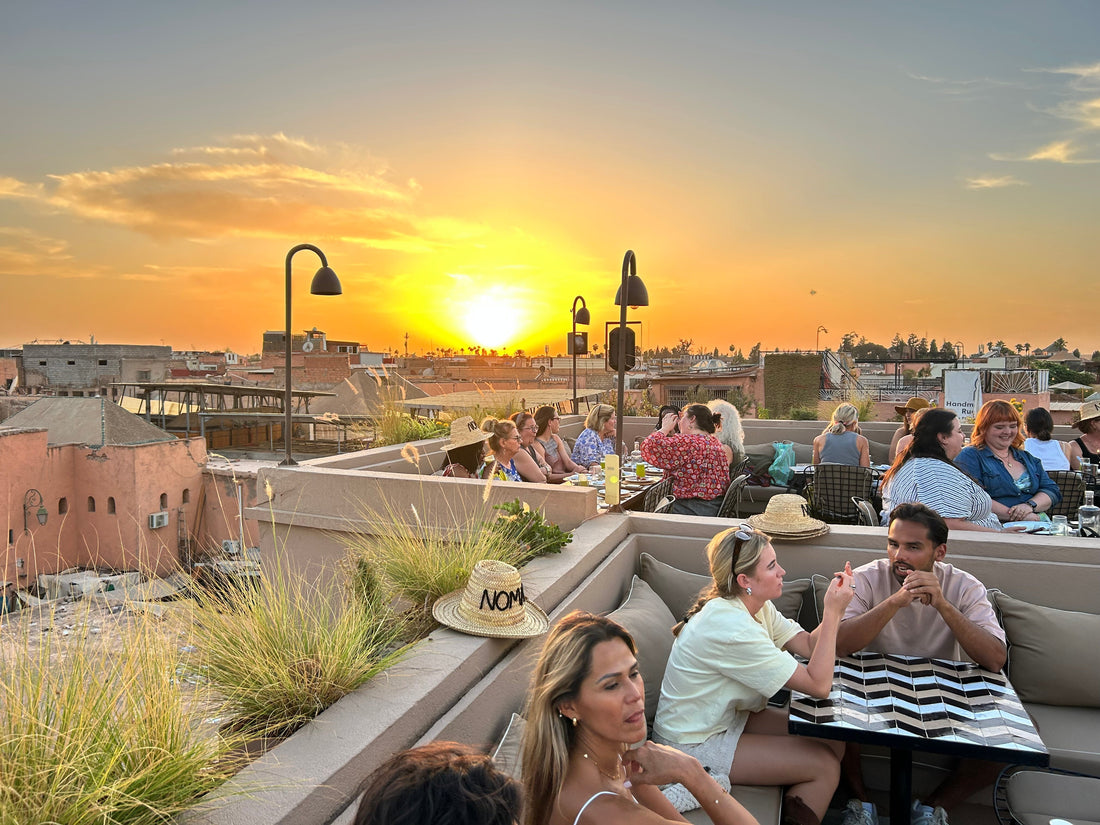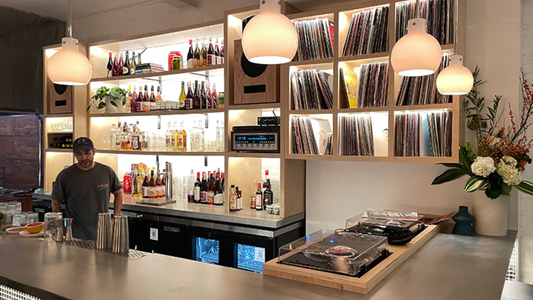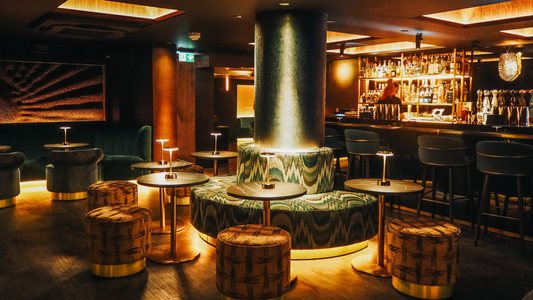
First Impressions of Marrakech
By Rafi Mercer
The first thing that hits you in Marrakech isn’t the heat — it’s the sound. It moves differently here. It’s layered, textured, alive. A call to prayer echoing across rooftops, the hum of scooters threading through alleys, conversations that rise and fall like waves. There’s rhythm in everything. Even the silence carries a pulse, a kind of breathing that belongs to the city itself.
Marrakech doesn’t reveal itself in a straight line; it unfolds. At first, it feels chaotic — colours, scents, movement, all at once. Then you start to hear the pattern. Brass kettles clinking in tea stalls, the slow shuffle of traders setting out rugs, music floating from a café door. Gnawa rhythms and jazz-like improvisations weaving through the Medina like invisible lines of melody. You realise it’s not noise at all — it’s composition.
I’ve always believed that every city has a sound signature. Tokyo is precision. London is pace. Berlin is resonance. Marrakech — Marrakech is warmth. There’s dust in its tone, spice in its bassline. The city moves in minor chords, but they shimmer in the light.
I walked this morning through narrow lanes that felt like passages in an old record sleeve — the sort of place where you sense time differently. Shops spill out onto the street, oranges stacked like vinyl, colours pressed together. I heard laughter, arguments, radio static, and somewhere, faintly, Miles Davis. Maybe it was coincidence, or maybe jazz really is the global language of the street.
The air smells of mint, leather, and smoke. It’s intoxicating. There’s something cinematic about it — a place made for stories. I can see why artists and musicians always end up here. Marrakech doesn’t just inspire; it disarms you. It reminds you to slow down, to listen without agenda. The pace is fluid — part conversation, part drift.
What surprises me most is how human it all feels. In cities built for efficiency, you forget how organic life sounds. Here, it’s unavoidable. You can hear hands working, feet moving, doors closing, and laughter from courtyards. It’s not curated — it’s lived-in. Like the best kind of record: imperfect, but deeply true.
Tonight, I’ll probably find a bar tucked behind some old doorway, maybe with a turntable, maybe just a radio. Order a whisky, local or not. Sit quietly. Listen. The day will bleed into the evening; the call to prayer will blend into night air. Somewhere a new rhythm will emerge — slower, deeper, carrying stories I don’t yet understand.
There’s an understated escapism to places like this. It’s not the fantasy of palm trees or poolside calm; it’s something quieter. It’s the escape that happens when your senses take over and your thoughts finally stand still. When you stop needing to define what you’re doing and simply let yourself drift through the world.
In Marrakech, that happens easily. You don’t plan it — it just arrives. Somewhere between the hum of the market and the silence of the riad courtyard, you realise you’ve stepped out of your own rhythm. The city holds you in a kind of trance. Not to hide you from life, but to return you to it.
That, to me, is real luxury. Not the marble or the price tag — the pause. The rare chance to listen without hurry, to see without filter. To escape, not from the world, but back into it.
Rafi Mercer writes about the spaces where music matters.
For more stories from Tracks & Tales, subscribe, or click here to read more.







